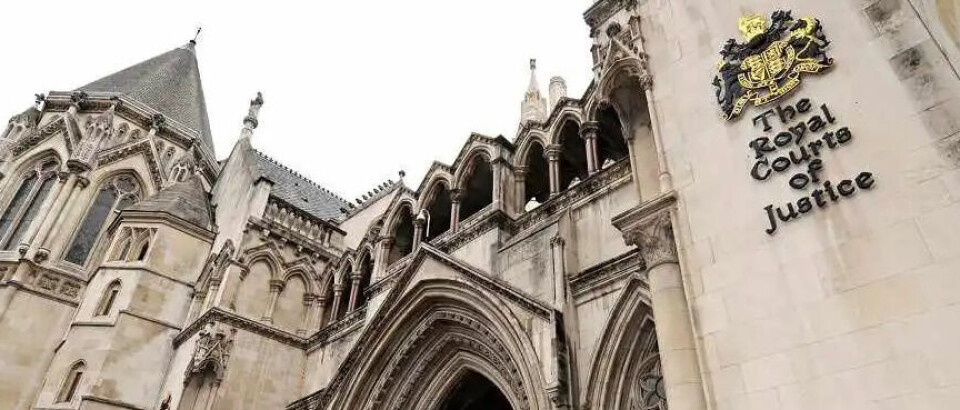The appeals court of England will have to rule on the Nigerian government's argument of state immunity in an ongoing appeal against the enforcement of a $70m arbitral award.
In 2021, a panel of three arbitrators constituted under the 2001 China-Nigeria Bilateral Investment Treaty awarded a total of $55m (now $70m with interest and fees), against the Nigerian government, The sum is to be paid to a Chinese investor, Zhongshan Fucheng Industrial Investment Co. Ltd, over a botched deal.
The company, which claimed to have invested in an industrial park project between 2010 and 2016, told the arbitration panel that the Nigerian authorities terminated the deal and seized its rights and assets.
The arbitrators held that the West African country violated a bilateral investment treaty between it and Beijing by ousting the Chinese investor from Ogun, a state in Nigeria’s south-west.
Zhongshan later approached the High Court of England and Wales for an order of enforcement, which was granted in 2022.
However, the Nigerian government has filed an appeal before the English appeals court, arguing that the High Court judge failed to consider the question of jurisdiction and state immunity.
Nigeria’s lawyer, Riaz Hussain, maintained that High Court Judge Sara Cockerill erred in law by failing to make a determination on whether there was an exception to state immunity law before making her order.
"Absent a determination of an exception to immunity under the act, the court has no jurisdiction against a state," a Law360 report quoted him as saying.
Justice Julian Flaux, who led the panel of two Justices of appeal, responded that Cockerill gave Nigeria ample time to raise the state immunity issue but they failed to do so.
Commenting on the applicability of state immunity in this case, Samuel Olawepo, an associate at Famsville Solicitors, a commercial law firm based in Nigeria, noted that while state immunity is an international principle, it does not cover commercial dealings.
“Based on the doctrine, a sovereign entity (a state) is immune from adjudicatory proceedings whether civil or criminal, including matters seeking enforcement of arbitral award or judgements, commenced against it before the courts of another sovereign entity. It’s important to state that the doctrine of state immunity operates on two theories: the absolute and restrictive theories which birthed the general rule on the applicability of state immunity to cover only sovereign acts of a state to the exclusion of pure contractual matters.”
Olawepo noted that raising the issue of jurisdiction on the basis of state immunity for the first time at the appellate level may hurt the Nigerian government’s appeal.
“It goes without saying that the issue of jurisdiction is pivotal to the administration of justice. However, such a ground of appeal may be unsustainable as the UK system generally does not allow all jurisdictional challenges to be raised for the first time on appeal,” he explained. “The situation is more difficult where a party was given ample opportunity to raise an issue before the court of first instance but failed to raise the issue.”
Nevertheless, he concluded that since a jurisdictional challenge has been raised, the appellate court will have to make a determination on it.
To join Africa Legal's mailing list please click here

